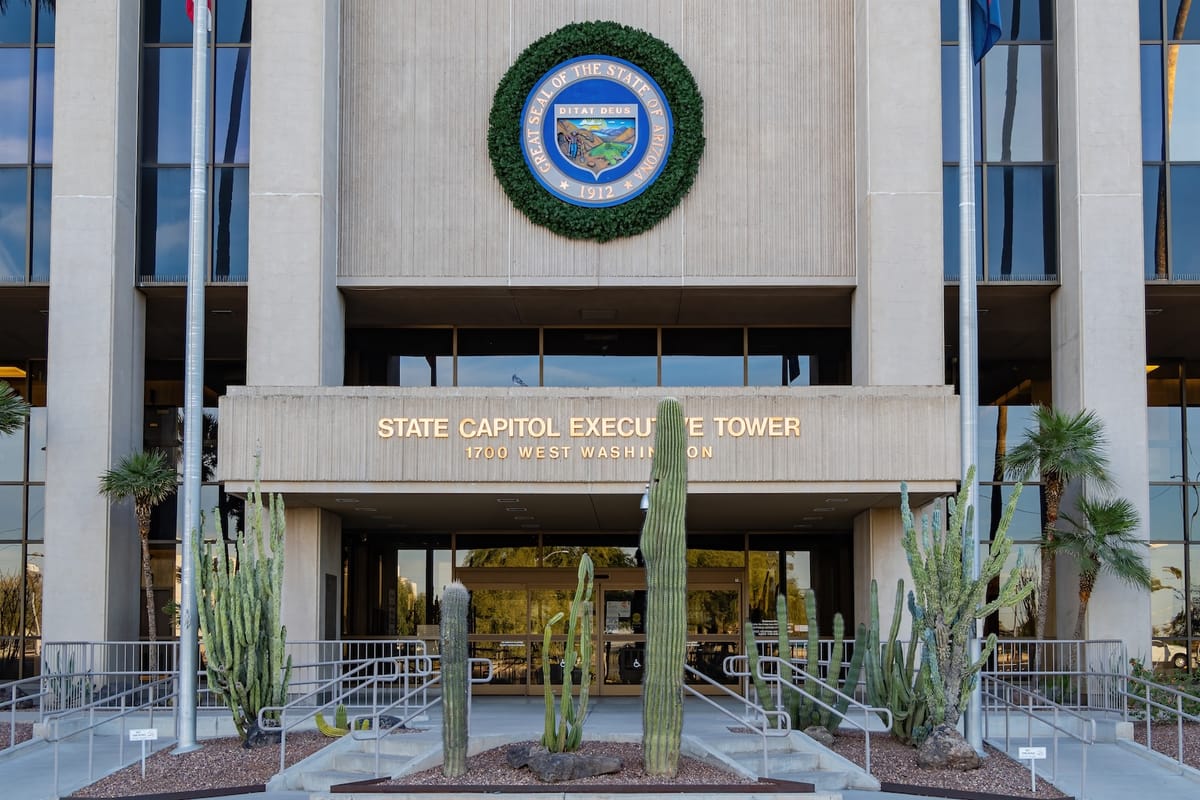

Arizona Takes a Stand Against Unhealthy School Meals
In a groundbreaking move to improve children's health, Arizona Governor Katie Hobbs has signed a new bill into law that bans the serving of ultra-processed foods in public and charter schools. This legislation, known as House Bill 2249, aims to ensure that students have access to healthier meal options during their school day. The decision comes as part of a broader effort to combat the rising rates of childhood obesity and related health issues across the state.
The bill was passed with strong bipartisan support, reflecting a shared concern among lawmakers about the impact of poor nutrition on young people. It specifically targets foods that are high in sugar, unhealthy fats, and artificial additives, which are often found in snacks and meals provided in school cafeterias. By removing these items, Arizona hopes to set a precedent for other states to follow in prioritizing student well-being.
Details of House Bill 2249
House Bill 2249 defines ultra-processed foods as products that undergo multiple industrial processes and contain additives like artificial flavors, colors, and preservatives. These include items such as sugary sodas, packaged snacks, and pre-made meals that lack nutritional value. Under the new law, schools will be required to phase out these foods and replace them with fresher, less processed alternatives starting in the next academic year.
The legislation also includes provisions for schools to work with local farmers and suppliers to source healthier ingredients. This not only supports better nutrition but also boosts the local economy by creating demand for fresh produce. Schools will receive guidance from the Arizona Department of Education to help implement these changes effectively.
Additionally, the bill allows for exemptions in certain cases, such as special events or fundraisers, where ultra-processed foods might still be served on a limited basis. However, the primary focus remains on daily meals and snacks provided through school programs. This balanced approach ensures flexibility while maintaining a commitment to healthier eating habits.
Support and Challenges Ahead
The passage of House Bill 2249 has been met with widespread approval from health advocates and parents who have long called for better food options in schools. Many believe that this law will help reduce the risk of chronic conditions like diabetes and heart disease among children. The Arizona Department of Health Services has also endorsed the measure, citing studies that link poor diet to academic underperformance and behavioral issues.
However, some school districts have expressed concerns about the cost and logistics of transitioning to new food programs. Replacing ultra-processed items with healthier options may require additional funding for kitchen equipment, staff training, and menu planning. Governor Hobbs has pledged to work with legislators to secure the necessary resources to support schools during this shift.
A Model for National Change
Arizona's bold step could inspire other states to take similar action against the prevalence of unhealthy foods in educational settings. With childhood obesity rates continuing to climb nationwide, there is growing urgency to address dietary habits early on. Lawmakers in Arizona hope that their efforts will encourage a broader conversation about the role of schools in promoting lifelong health.
The success of this initiative will depend on effective implementation and community support. Parents, educators, and local businesses will all play a crucial role in ensuring that students benefit from nutritious meals. As the state moves forward with this policy, it may serve as a blueprint for tackling nutrition challenges across the country.
Dues are $12 per year. Member benefits:
✅ Ad-Free Website Viewing
✅ Advocacy for Republican Seniors
✅ 120+ Senior Discounts
✅ Member Only Newsletters